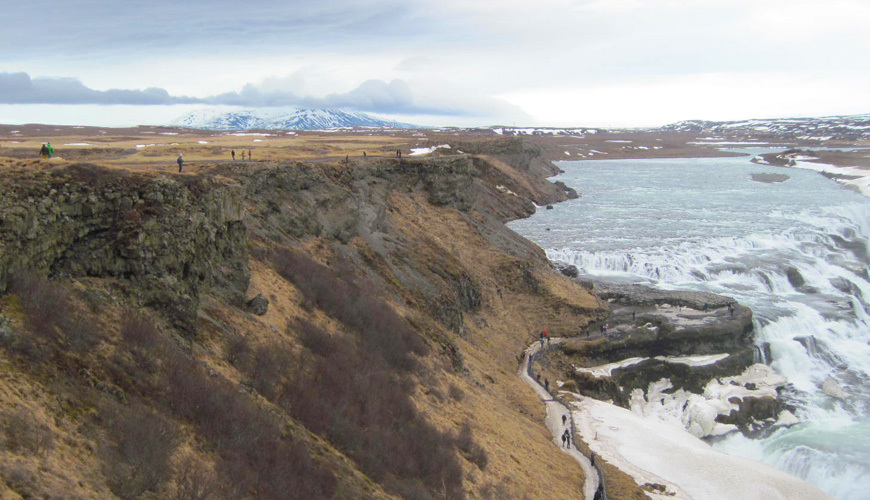A Level - Geography
BackCourse Information

What does the course involve?
Geography is an exciting and topical course; it looks at engaging and contemporary issues around the world and links with human and physical elements. We follow the OCR two-year A Level course. The course offers an issues-based approach, enabling students to explore and evaluate contemporary world issues. 
Areas covered in the course include tectonic processes and hazards, landscape systems, processes and change, coastal landscapes, water cycles and the carbon cycle linked to climate change. We investigate globalisation and shaping places along global development issues such as food security and hazard management. Within the course, many synoptic links occur through areas of migration and human rights. 
The course outline:
Year 1:
- Topic 1 - Changing Spaces, Making Spaces
- Topic 2 - Landscape systems, processes and change: Coasts
- Topic 3 - Future of Food
- Topic 4 - Hazardous Earth
Coursework element: Local investigation relating to content. Physical and Human options which contributes 20% to your final A Level grade. This is completed at the end of the Year 1 through the Summer and into Year 2 Autumn term.
Year 2:
- Topic 5 - Earth Life Support Systems
- Topic 6 - Migration
- Topic 7 - Human Rights
We complete a residential trip each year, to allow fieldwork experience abroad; for example, we investigate hazards and tectonics in Iceland. Fieldwork is an essential and integral part of Geography at A Level. Trips to local sites include Ipswich (local area visit); London Docklands; Minsmere, Walton on the Naze and Sizewell.
Is it for me?
Students should be curious about the world around them and have an interest in current affairs. Ability to self-motivate and carry out independent study is also important due to the coursework component. Geography is a subject that is useful to any student as it encourages students to develop a range of skills including: essay and report writing, verbal presentations; analysing and solving problems, working with statistics, interpreting data and text and presenting data.
How will I be assessed?
There are three exams at the end of Year 2 (80%) and a coursework entry (20%). 
Where can this course take me?
A level Geography opens-up many pathways for further study and employment. Geography as a subject provides the cornerstone of related subjects, e.g. earth, environmental and social science degrees. The transferable skills geographers acquire also enhance employment opportunities and/or apprenticeships.
Entry Requirements
Standard Entry Requirements, plus:
- Grade 5 in GCSE English Language
- Grade 5 in GCSE Mathematics
- Grade 5 in GCSE Geography.
- Applicants who have not taken Geography at GCSE will be considered on an individual basis.
Requirements for the course:
A real drive to investigate and evaluate current concerns, for our planet. To contribute to class discussion with the ability to question ideas and evidence presented. The ability to work to a deadline and to read around the subject. There is a high level of statistical analysis and use of data through the course. The online mapping/analytics platform Arc GIS is utilised through the course to support analysis of space and place.
Additional Costs
There will be additional costs for day trips/residential fieldtrips which are linked to the course. Fieldwork is a fundamental part of A Level Geography therefore students must have opportunities to study beyond the classroom, which meets the minimum requirement of the exam board.
Additional qualifications
If you choose to study Geography, you will usually take it alongside two other A levels. Subjects which complement Geography include Biology, Economics, History, English, Maths, Photography, Sociology and Business Studies.
UCAS tariff points
A* - 56 points
A - 48 points
B - 40 points
C - 32 points
D - 24 points
E - 16 points






